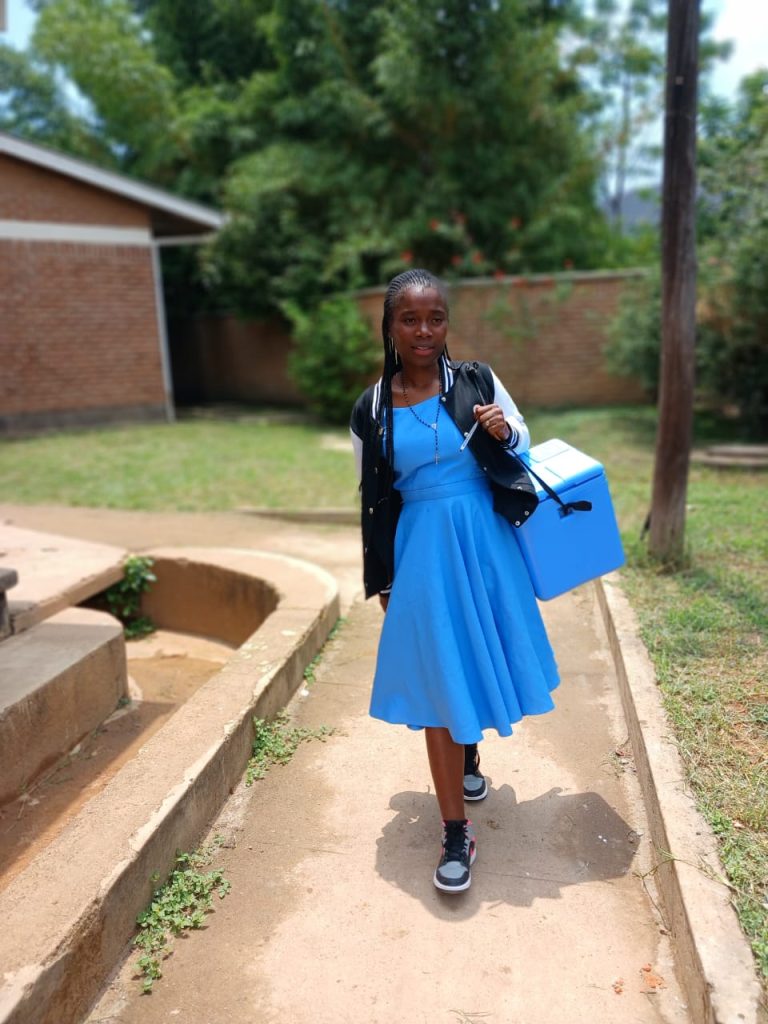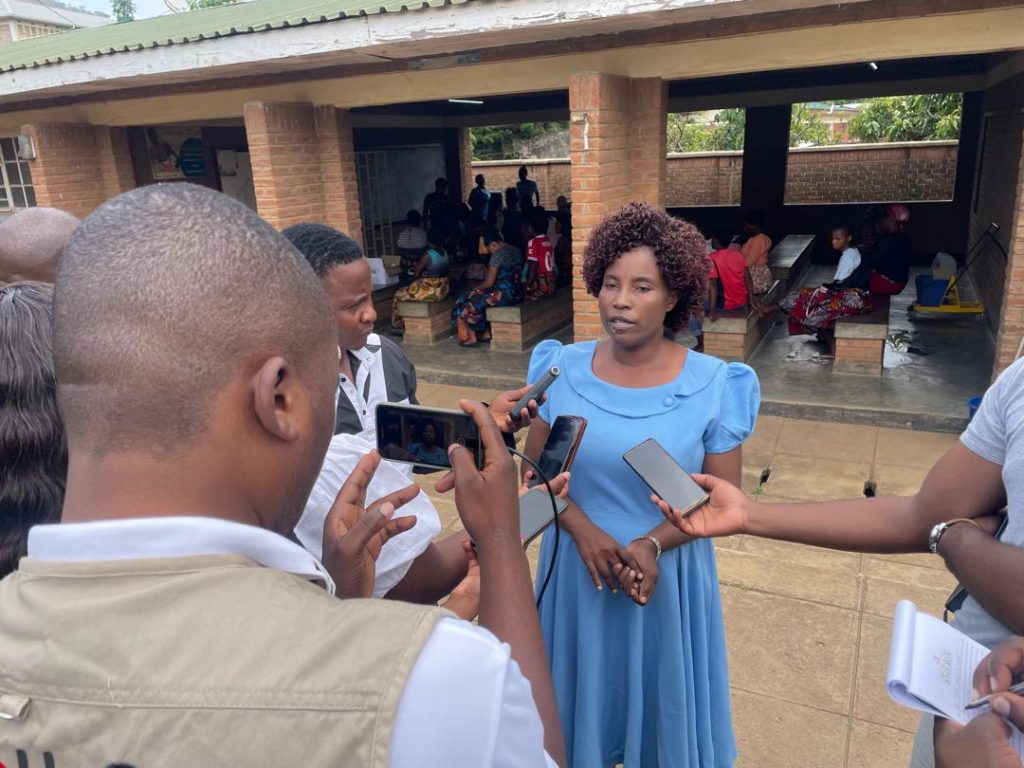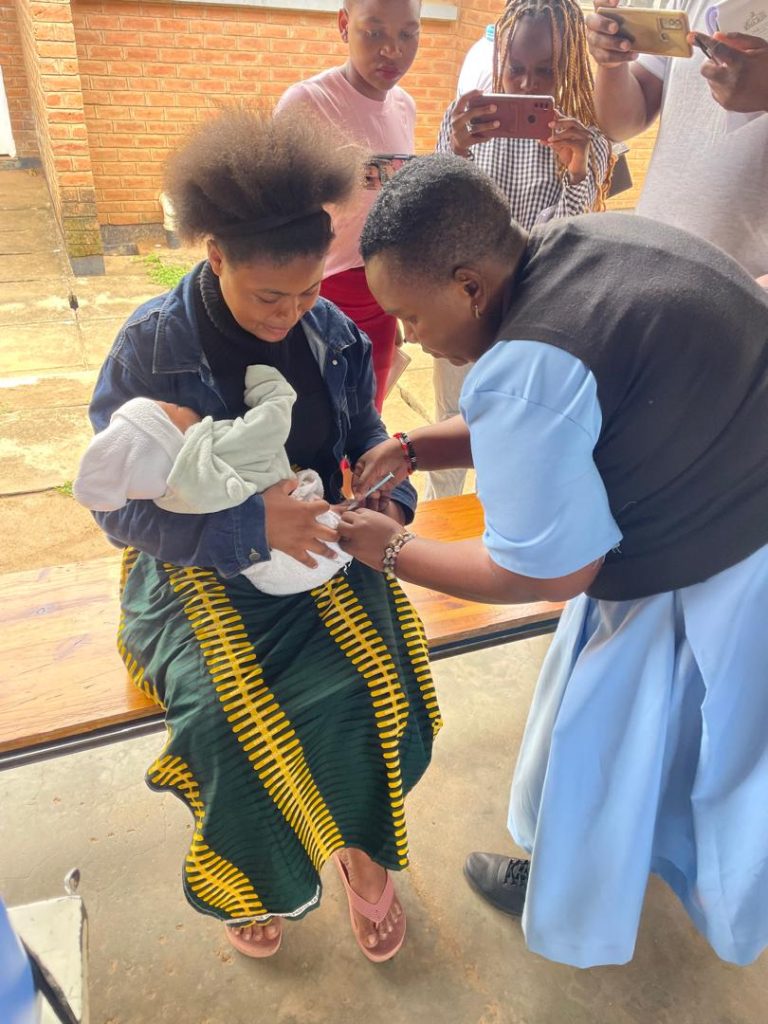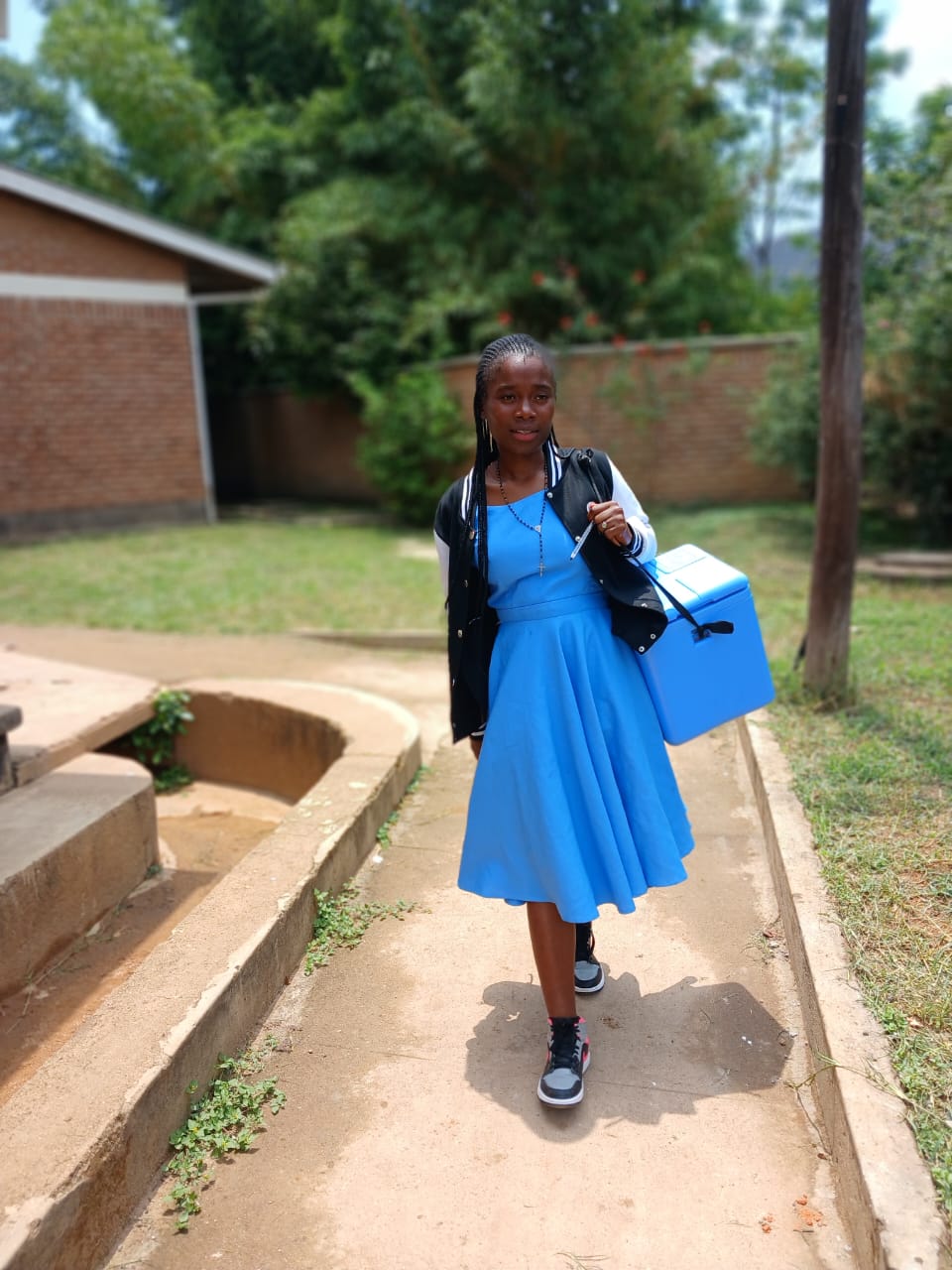Statistics at Chilomoni Health Centre in Blantyre, Malawi, indicate that the facility has registered a 97 percent immunization coverage, barely three percent shy of the finish line.
But Yvonne Mchemo – a health surveillance assistant (HSAs) assigned to vaccinate infants and expectant women from Mlunguzi Hema area in Traditional Authority (T/A) Kuntaja – confesses that the road to this success was not smooth.

“We’re working in a society highly rooted in myths, misconceptions and traditional and religious beliefs surrounding vaccines. And it was not easy to convince both caregivers and caretakers to accept and utilize the vaccines,” she said.
Mchemo is one of the healthcare workers who recently attended a capacity building training the Malawi Health Equity Network (MHEN) conducted for healthcare officers, mother care groups (MCGs), local grassroots structures and traditional and faith leaders.
The training for healthcare workers, which was financed by the Global Alliance for Vaccines and Immunization (GAVI), was aimed at equipping immunization officers with skills that would help them achieve equitable immunization coverage in facilities under the Blantyre District Health Office (DHO).
Recently, PATH, a key partner to the Ministry of Health and Expanded Programme on immunization, organized a media tour to enable journalists appreciate how Blantyre, Dowa and Ntchisi DHOs are faring in their efforts to increase acceptance and improve utilization of the vaccines in the three districts.
Blantyre District Environmental Health Officer (DEHO), Innocent Mvula, disclosed that despite immunization being a key component of primary healthcare and an indisputable human right, uneven immunization coverage and limited capacity in the health workforce remained a big challenge.
Mvula said the capacity building training for immunization officers was, therefore, a timely intervention because it empowered healthcare workers to gain skills and attitudes needed to deliver vaccines effectively.
“The capacity building training on immunization programme has been one of the most essential instruments needed to improve the performance of immunization programs. It has helped a lot in building core competencies, including professional attitudes, required vaccine administration skills, and documentation skills,” he said.
Senior HSA for Chilomoni Health Centre, Thandiwe Chisi, said the capacity building training helped healthcare workers to acquire knowledge in data collection and keeping, planning campaigns, vaccine storage, and providing appropriate advice to beneficiaries.

Chisi added that the immunization officers also learned how to report regularly on the progress of the exercise.
“These topics and steps are important to achieve high-quality outcomes as we have done here. We have been able to identify access and utilization barriers, pinpoint priority areas and associated health centers, and form a roadmap to ensure expanded coverage,” she explained.
Chisi added that their engagement with community structures such as MCGs has also played a crucial key role in the success of the immunization programme.
She said immunization officers worked closely with MCGs in educating caregivers and caretakers about the need for and benefits of vaccines, as well as their safety. And this helped in dispelling misconceptions, reducing resistance, and improving vaccine coverage.
Marriam Neymar Sozinyo, who delivered her baby boy at Chilomoni Health Centre on 28 August 2024, attributed to increased acceptance and utilization of immunization services to the coordinated and collaborative efforts between MCGs and healthcare workers in the area.

Sonyizo stated that because of this collaboration, women are encouraged to attend antenatal clinics more than four times and give birth at the health facility.
“This coordination has brought a lot of benefits to the service users through integration of services such as reproductive health, immunizations, and nutrition education. That’s why we are very eager and willing to go for vaccination at any time,” she said.
